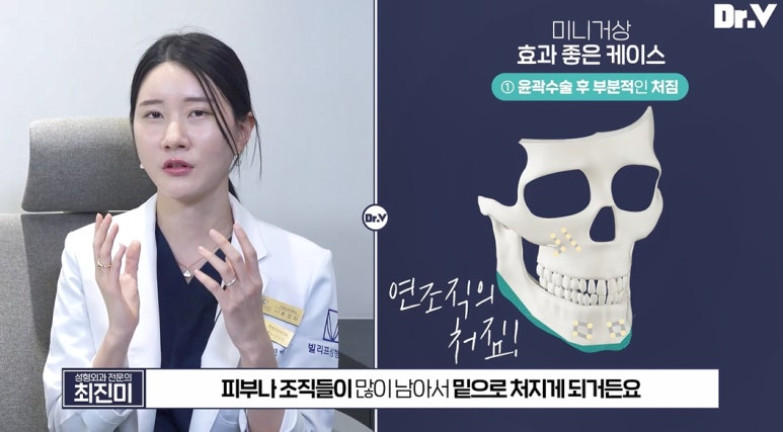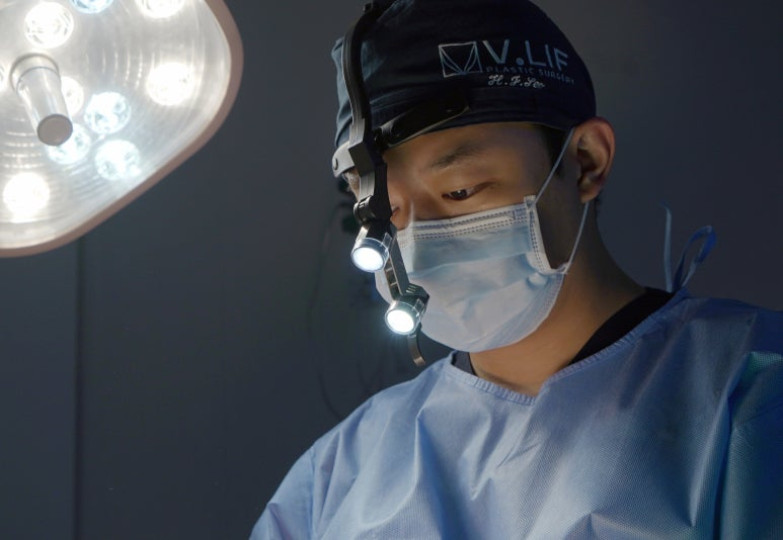Mini Facelift: Is It Right for You?

Who Should Avoid a Mini Facelift
Hello, we are Dr. Seo Hyun-joon and Dr. Choi Jin-mi from Belief Plastic Surgery.
Recently, many people are concerned about subtle sagging in their face.
In our practice, we are seeing an increasing number of consultations regarding mini facelift surgery.
Today, we will explain in detail the meaning and origin of mini facelift surgery, its difference from a full facelift, and provide information based on actual cases.
Definition and Origin of Mini Facelift Surgery
A mini facelift is a lifting procedure that improves partial sagging of the face.
In English, it is called a Mini Facelift, a compound word of ‘Miniature’ and ‘Lift.’
While a full facelift involves dissecting and lifting the entire face,
a mini facelift targets the mid-face + lower face or the lower face + double chin for a lifting effect.
From my experience, many patients visit us 2-3 years after contouring surgery
due to sagging caused by remaining skin or tissue.
In this case, a mini facelift can restore a natural balance to the face and create a more youthful impression.
Differences Between a Full Facelift and a Mini Facelift
Mini facelift surgery and a full facelift differ significantly
in terms of the surgical area and method.
A full facelift is an extensive surgery that involves dissecting and lifting the SMAS layer as a whole,
while a mini facelift targets and lifts the desired areas.
We perform undermining of the retaining ligaments within the same incision range as a full facelift.
Therefore, mini facelift surgery shows excellent results in both effectiveness and duration.
Effective Cases for Mini Facelift Surgery
Mini facelift surgery is very effective in certain cases.
1. Cases with cheek sagging after contouring surgery
2. Cases where the nasolabial folds and marionette lines are connected, making the mid-face appear long
3. Cases where sagging has resulted in a peanut-shaped face
We performed a mini facelift on a client in her 30s who was concerned about cheek sagging after undergoing a 3-part facial contouring surgery.
Although her cheekbones were reduced, her mid-face became longer, and marionette lines appeared,
making her look older than her actual age.
After the surgery, her nasolabial folds and marionette lines improved,
and the volume of her front cheeks lifted, resulting in a significant anti-aging effect.
However, there are cases where the effect is limited.
Mini facelift surgery is not suitable for everyone.
1. Cases where the facial bone structure is large, but there is little skin sagging
2. Cases where the patient hopes to reduce the size of their ‘bone structure’
3. Cases where the sagging is too severe, requiring a full facelift
4. Cases with a lot of fat and plans to lose weight, etc.
When we see clients, depending on the situation,
we honestly advise, “There is not much sagging yet, so the effect will not be significant.”
For those planning to go on a rapid diet, we say,
“Please lose weight first.”
Or, depending on the sagging condition,
we say, “A full facelift is more suitable.”
This is to avoid recommending unnecessary surgery
and to provide the most realistic and safe option for our clients.
Mini facelift surgery is suitable for those who want to address partial sagging and achieve a natural-looking
youthful lift.
However, rather than choosing based solely on advertisements claiming it is ‘simple,’
it is important to carefully check whether retaining ligament dissection is performed, the incision range, and
the expertise of the specialist.
Our Belief Plastic Surgery aims for natural and long-lasting results with the best mini facelift surgery tailored to the client's facial bone structure and skin condition, rather than a simple lifting procedure.
We will continue to work hard to improve various sagging concerns.
Sincerely,
Dr. Seo Hyun-joon and Dr. Choi Jin-mi
Thank you!
[KakaoTalk Inquiry]
[Directions]
This post was written directly by Belief Plastic Surgery to provide medical information in compliance with Article 56, Paragraph 1 of the Medical Law.
Post-operative complications such as bleeding, infection, and inflammation may occur, and results may vary from person to person.






Source :https://blog.naver.com/swijayo/223930212155
No comments yet.
